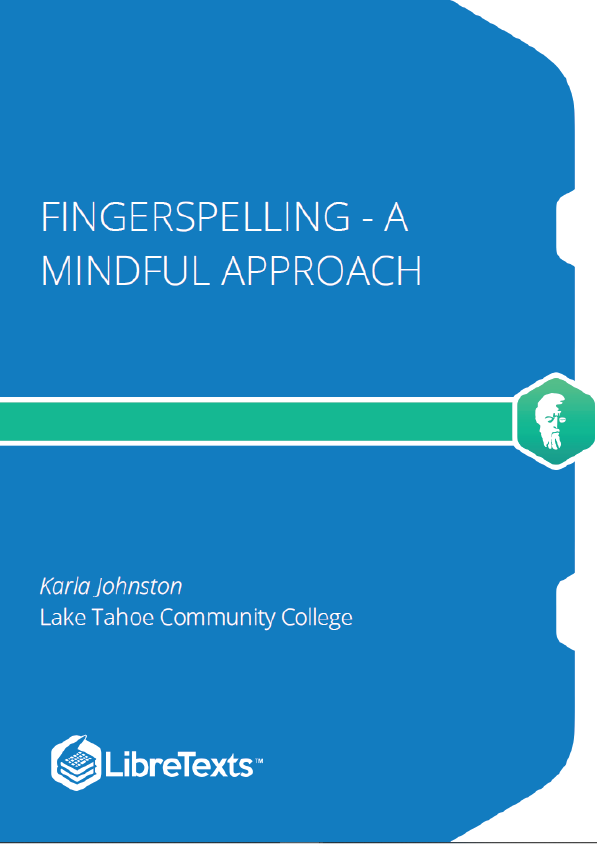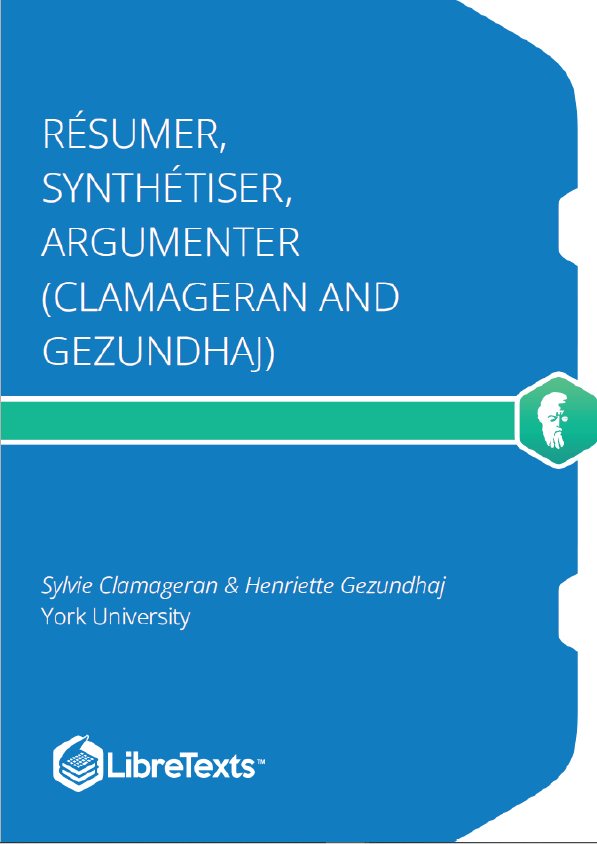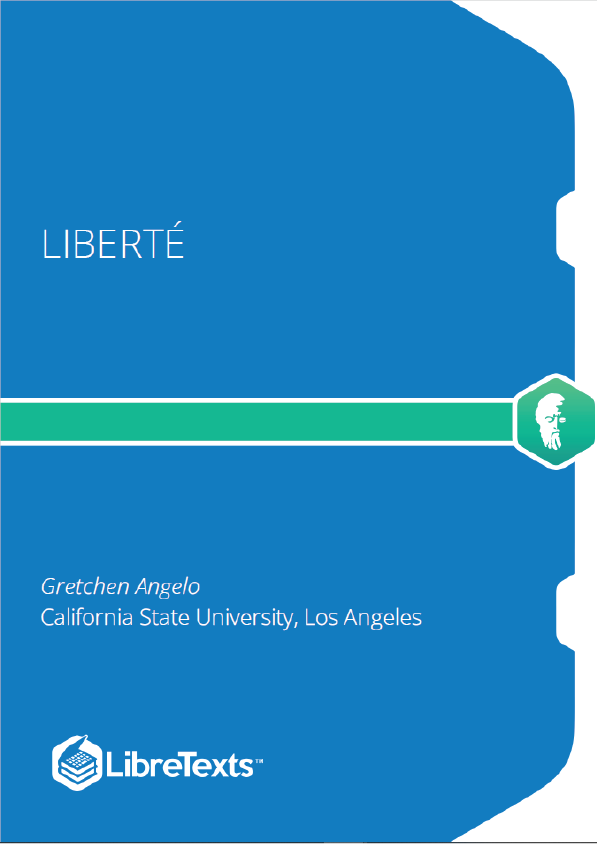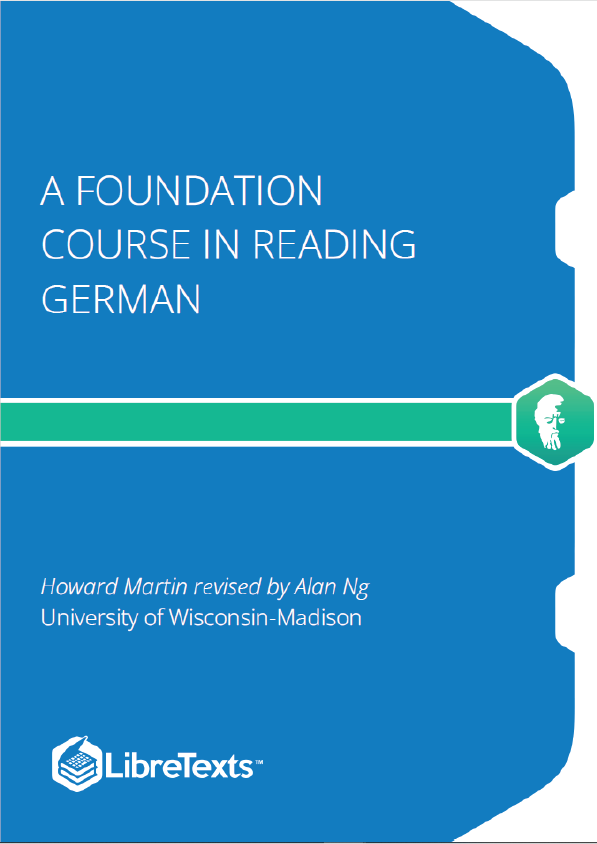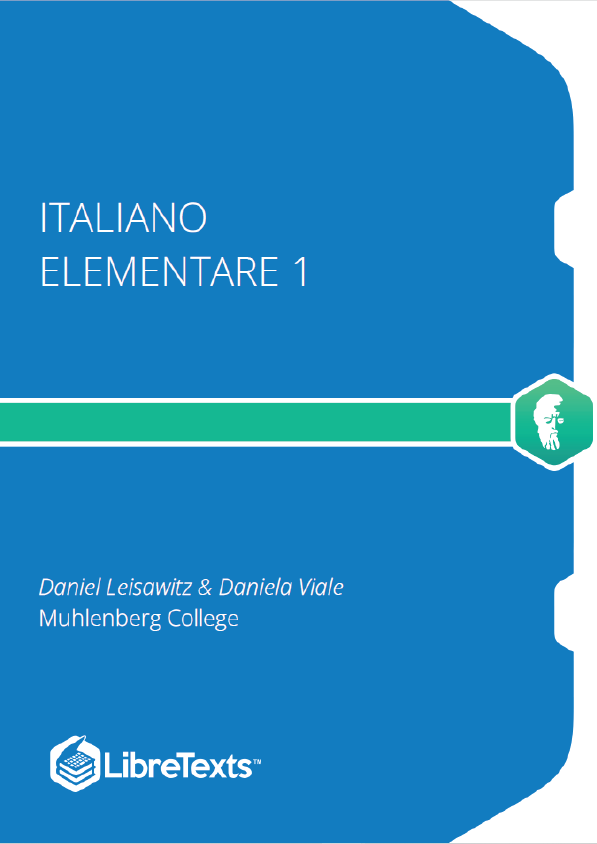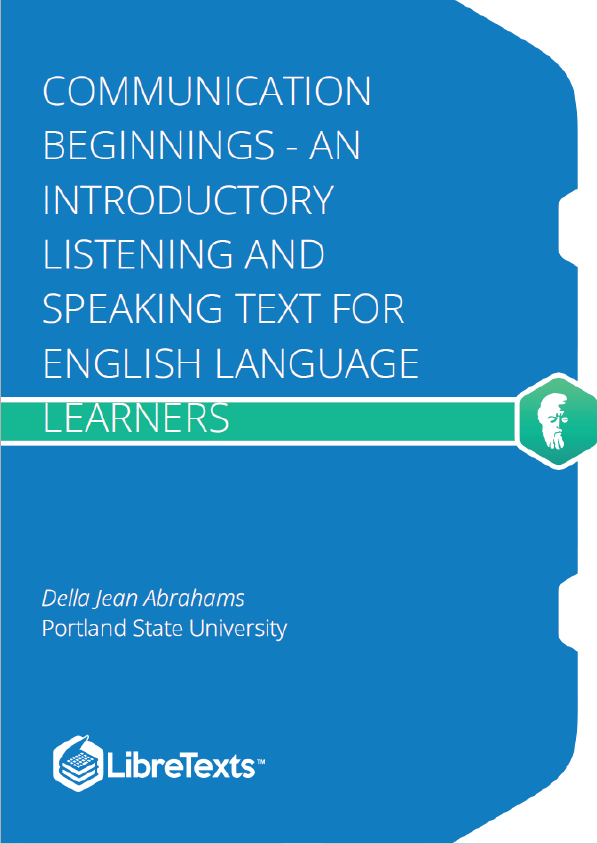Why do we fingerspell? Why not just create a sign for everything and not worry about having to spell things out? Like English, the ASL manual alphabet is necessary for spelling proper nouns, names of people, places, and things in addition to short 3-5 letter words that are borrowed from the English language called loan signs. Loan signs make up much of our Restricted Set practice material and you’ll become very familiar with them as the lessons proceed. Before we dive in, a few basics to keep in mind when you are fingerspelling:
- Apostrophes are signed with a twist of the “S” hand
- Double letters are just repeatedly fingerspelled with no special emphasis
- When faced with more than one word, pause slightly between words. For example, when fingerspelling a first and last name you pause in between so the names are distinct and don’t run together.
- Acronyms are signed in small, controlled circles, to alert that this is not a word but letters that form an abbreviation
- Consider breaking longer words into smaller parts, it’s both easier to sign and to understand. Doing so also helps to promote rhythm and flow. This is sometimes referred to as Phonetic Fingerspelling, and we will dive into more details for perfecting this skill in Lesson 8. For example, in RS #1: Jan-u-ary, Feb-ru-ary, Sept-em-ber, Oct-ob-er, Nov-em-ber, Dec-em-ber and so on.
Practice the bulleted fingerspelling basics as you proceed to Restricted Set #1 Calendar Months and Restricted Set #2 Holidays. The reason they are called “restricted” is because they form a subject category, that when kept in mind will provide a context for what may come off a partner’s hand. If you know the Restricted Set is Months, you can be assured that twelve words will be fingerspelled and begin to anticipate the letters that may be coming. You could also utilize the process of elimination. Fingerspelling is a very active process and Restricted Sets enable us to engage our mindfulness to practice our anticipation skills and build confidence for success.
As we begin this fingerspelling journey, we can take to heart Socrates words, “To know thyself is the beginning of wisdom.” What is your motivation for wanting to improve your fingerspelling skills? Is it that you tire of missing the lightning fast words flying off your Deaf friend’s hands while they giggle and poke fun? Are you sick of feeling the clutch in your gut when the word Saskatchewan comes up in conversation? Maybe you’re an awful speller and letters do a little dance in your head. There’s a common theme in almost all these examples—tension! We’ll get to talking about tension a bit later. But for now, let’s get to knowing thyself and spend some time with your motivation to improve your fingerspelling. There are two helpful perspectives that might drive your goals for this class.
